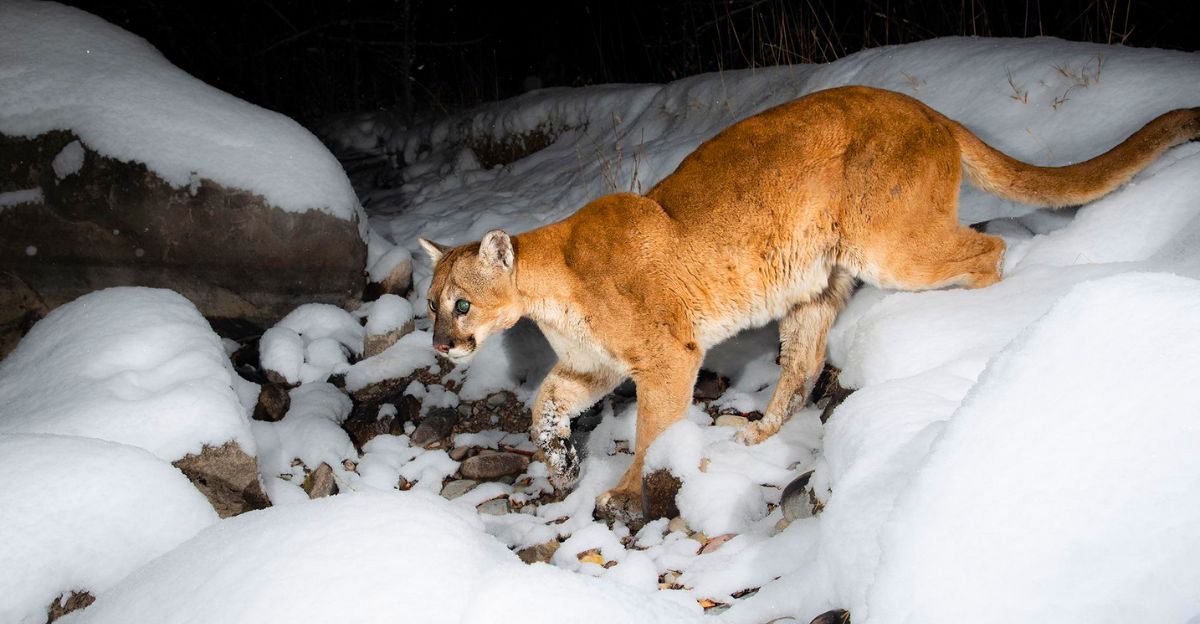
Cougars and wolves don’t typically engage in battles, yet in Washington state, cougars are hunting wolves at an alarming rate. Is it resource scarcity? Changing landscapes? Or a strategic advantage cougars have learned to exploit?Could it be the rugged terrain, the solitary nature of certain wolves, or something else entirely? Researchers are piecing together the clues, uncovering a wildlife mystery that’s both rare and fascinating.
Wolves and Cougars—A History of Conflict?
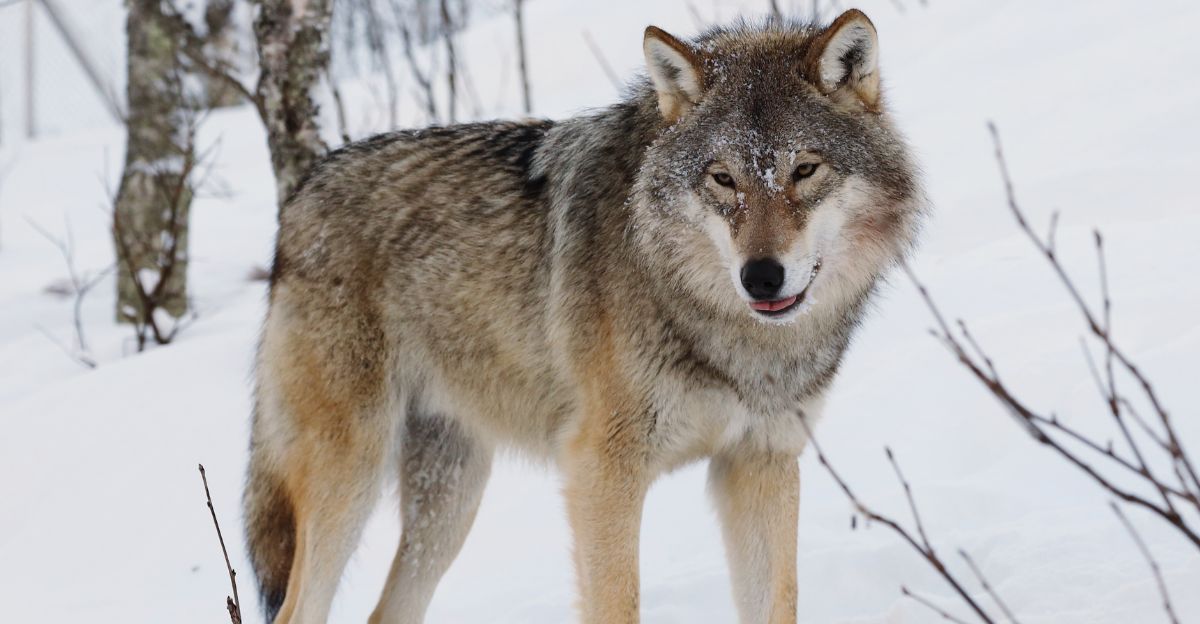
For centuries, wolves and cougars have competed for food, but direct predation has been rare. Wolves, being pack hunters, usually dominate through numbers, while cougars rely on stealth. But something in Washington has disrupted this balance, allowing cougars to turn the tables. Could it be a sign of shifting power in the wild?
Human Activity Is Reshaping Predator Behavior
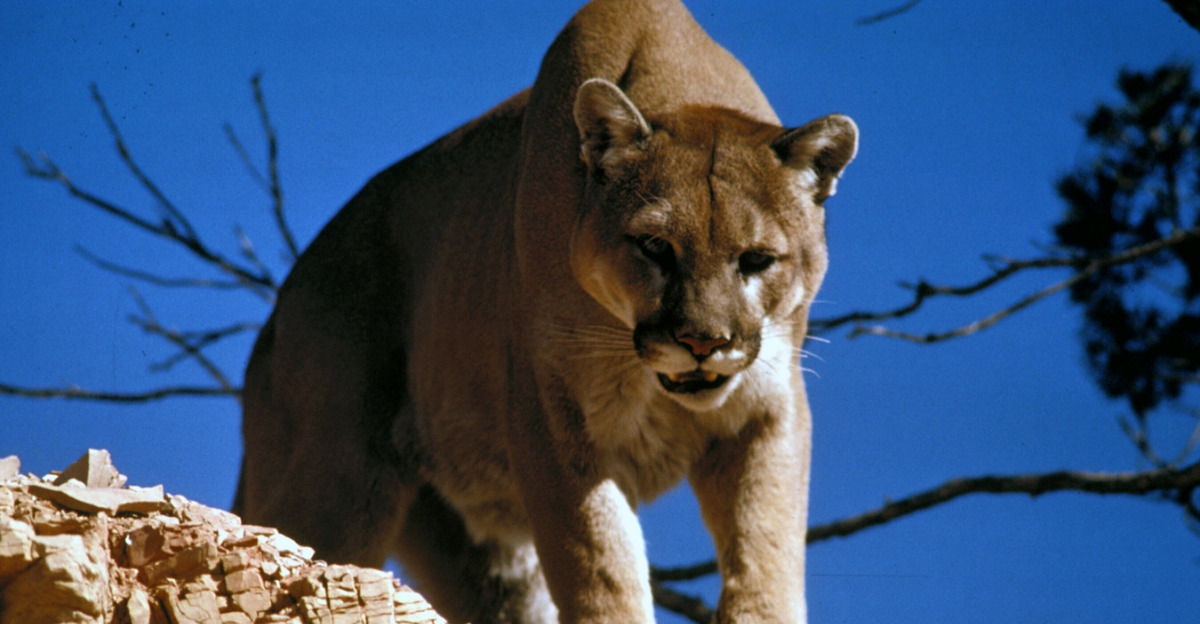
Habitat destruction and human development have forced wolves and cougars into tighter spaces with fewer prey. Elk and deer populations in key conflict zones have dropped by up to 60%, pushing both species into desperate competition. With fewer options, cougars may see wolves not just as rivals—but as food.
Ambush vs. Strength—Cougars’ Tactical Edge
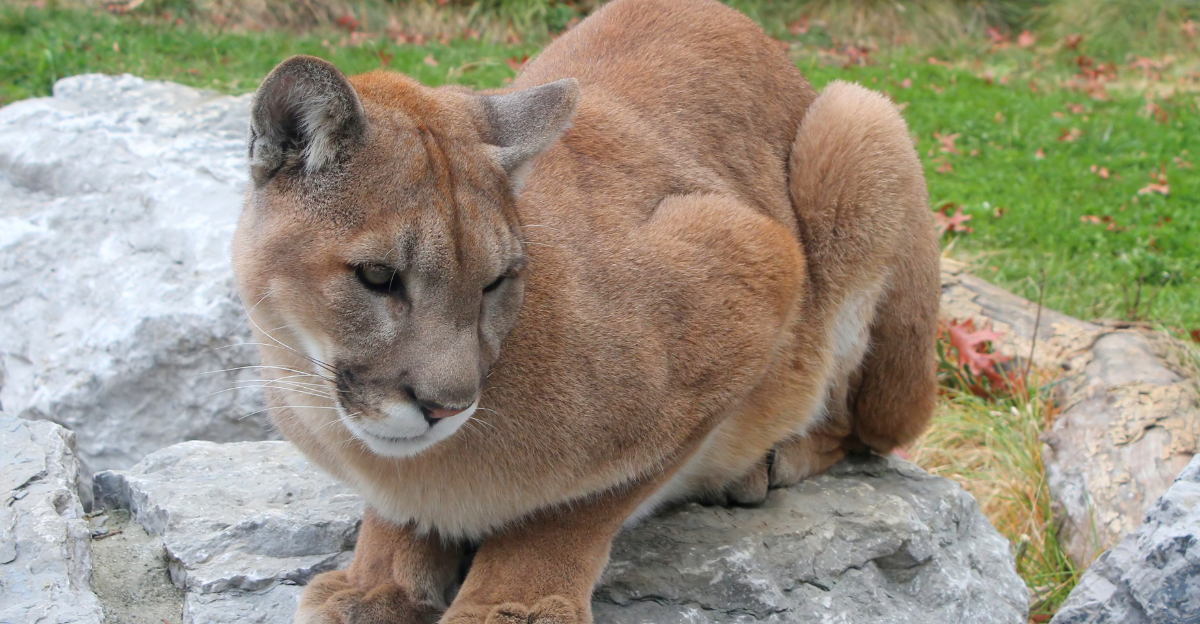
Wolves rely on endurance and teamwork to take down prey, but cougars are lone assassins. Using ambush tactics, cougars can outmaneuver solitary wolves separated from their packs. Logging roads—ironically a human-made feature—offer the perfect terrain for cougars to stage attacks. Is this nature’s version of guerrilla warfare?
Wolves Are Learning the Hard Way
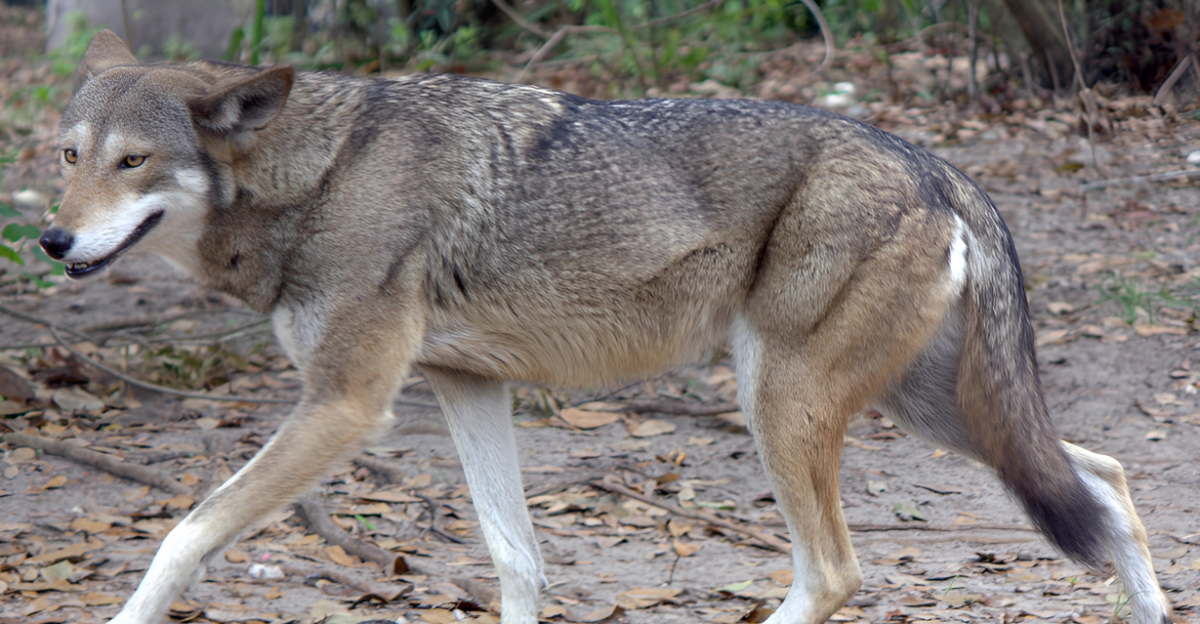
In documented cases, cougars have killed wolves at six times the historical rate. This suggests a learned shift in behavior, not just random aggression. Wolves, usually the aggressors, may be failing to recognize cougars as a serious threat—until it’s too late. Could this force wolves to evolve new survival strategies?
The “Predator Pile-Up” Effect
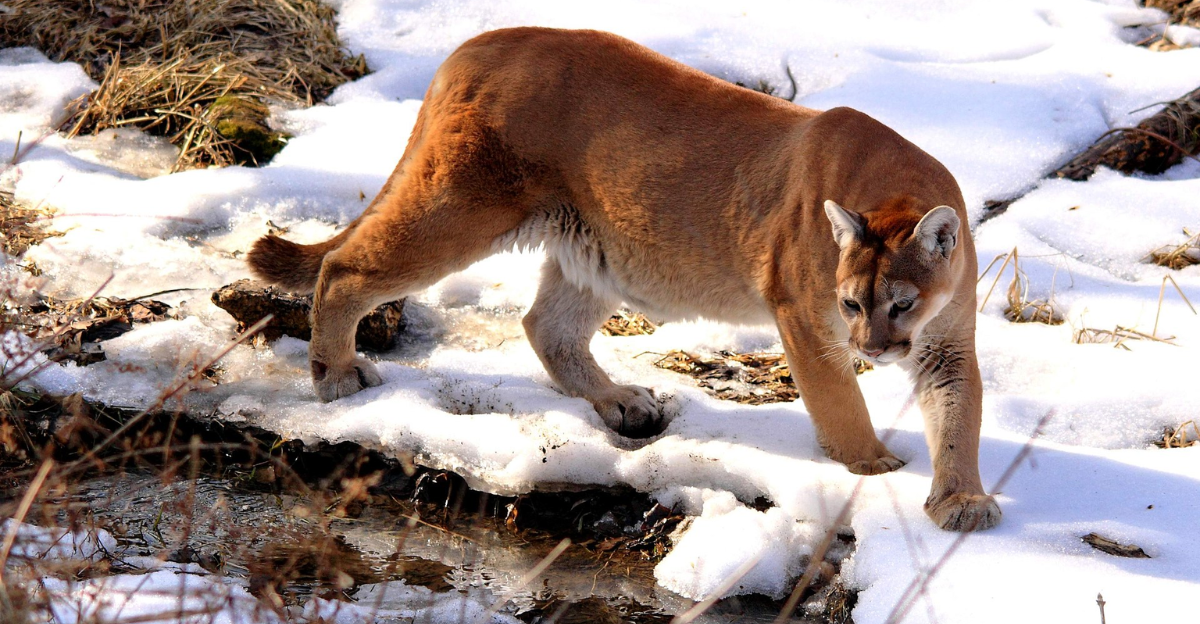
Both wolves and cougars were nearly wiped out by human hunting in the 1900s. Conservation efforts have allowed both to rebound—but now they’re clashing in ways never seen before. With fewer open spaces and more pressure, we may be witnessing a new, unexpected consequence of wildlife protection.
Could This Be an Ecological Balancing Act?

Some researchers argue this isn’t just conflict—it’s adaptation. In Yellowstone, wolves forced cougars to switch from elk to deer, reducing competition. In Washington, cougars might be stabilizing wolf numbers in a way that ultimately benefits the ecosystem. Could this be nature’s way of course-correcting?
A Dangerous Chain Reaction?

If cougars keep suppressing wolf numbers, it could trigger a cascade effect: fewer wolves could mean more elk, which could lead to overgrazing, soil erosion, and ecosystem collapse. A similar crisis occurred in Yellowstone before wolves were reintroduced. Are we unknowingly setting the stage for history to repeat itself?
Will Cougars Start Targeting Livestock Next?
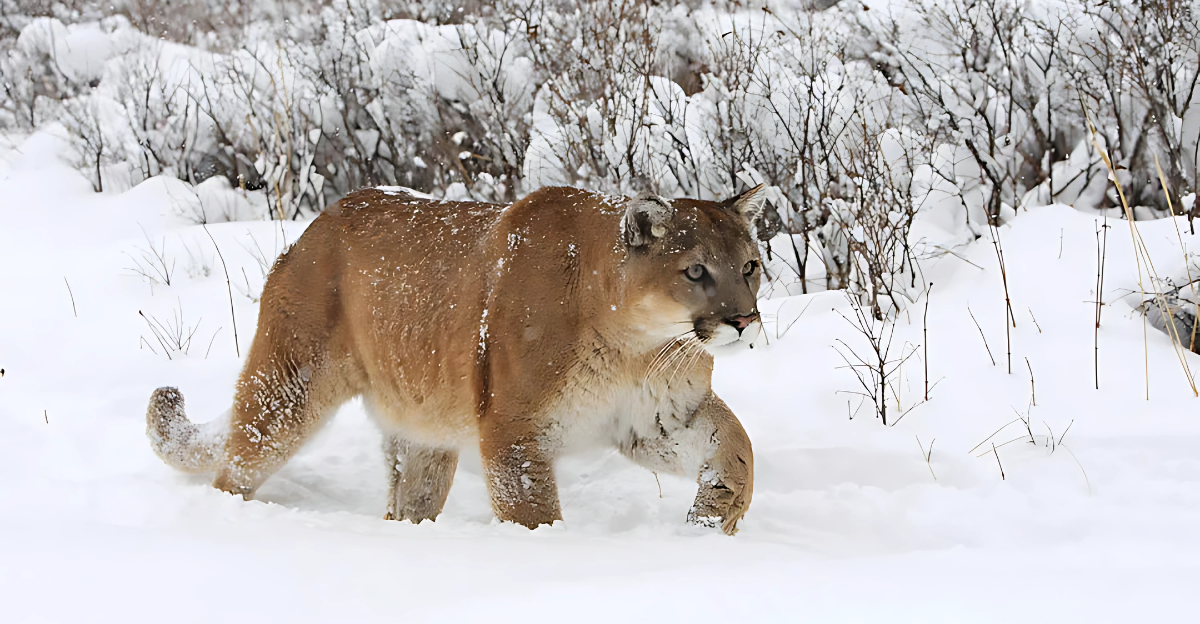
If cougars are bold enough to hunt wolves, will they become bolder around humans? Some experts predict a rise in cougar attacks on livestock as they grow more dominant. Washington could see a 20-30% increase in livestock predation by 2030, fueling debates over predator control.
The Conservation Paradox

Protecting both species creates a dilemma: the more successful conservation is, the more conflicts arise. If cougars continue hunting wolves, should one species be controlled to save the other? Or do we let nature take its course—even if the outcome is unexpected? Conservationists now face tough questions with no easy answers.
The 2022 “Logging Road Ambush”

A radio-collared wolf was found dead on a disused logging road—killed by a cougar. This human-made feature became the perfect trap. It’s a stark reminder that even well-intended conservation efforts can have unforeseen consequences, shaping predator dynamics in ways we never anticipated.
What Can We Do About It?

Scientists are now monitoring predator movement with AI-powered camera traps, tracking trends before conflicts spiral. Some propose reintroducing prey animals to reduce competition, while others suggest letting nature sort it out. But one thing is clear—this is a wildlife mystery we can’t ignore.
The Takeaway: When Apex Predators Collide
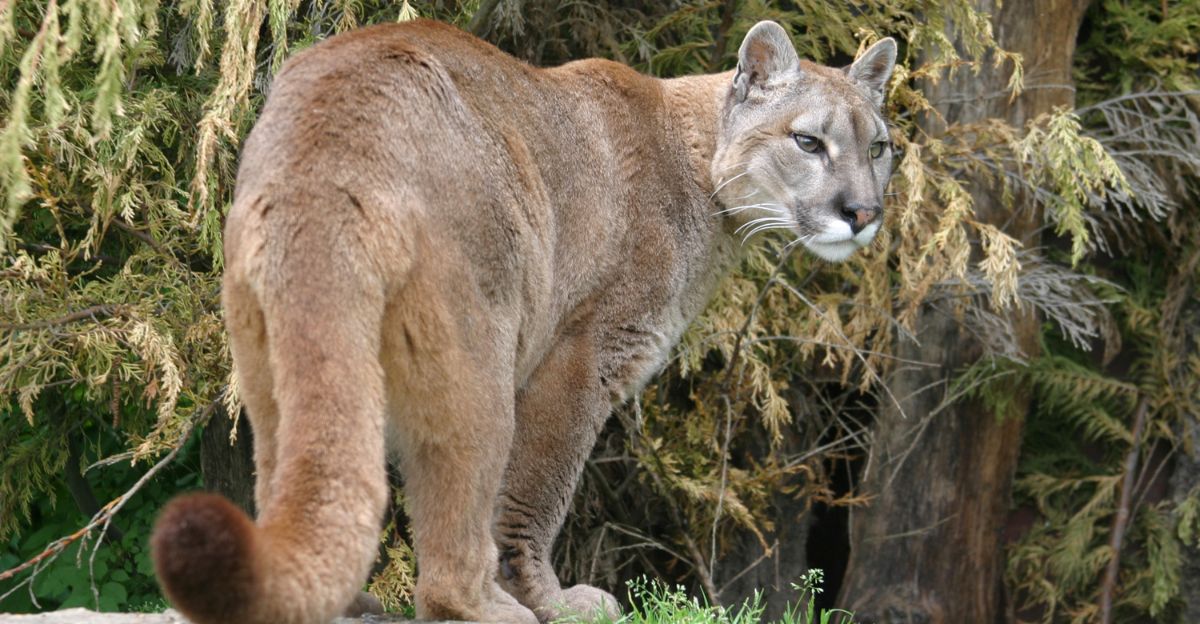
The cougar-wolf conflict challenges everything we thought we knew about predator hierarchy. It’s a live experiment in survival, adaptation, and human impact. Whether this leads to ecological balance or disaster depends on how we respond. One thing is certain—when humans reshape landscapes, even the top predators must rewrite the rules of survival.
Explore more of our trending stories and hit Follow to keep them coming to your feed!

Don’t miss out on more stories like this! Hit the Follow button at the top of this article to stay updated with the latest news. Share your thoughts in the comments—we’d love to hear from you!







